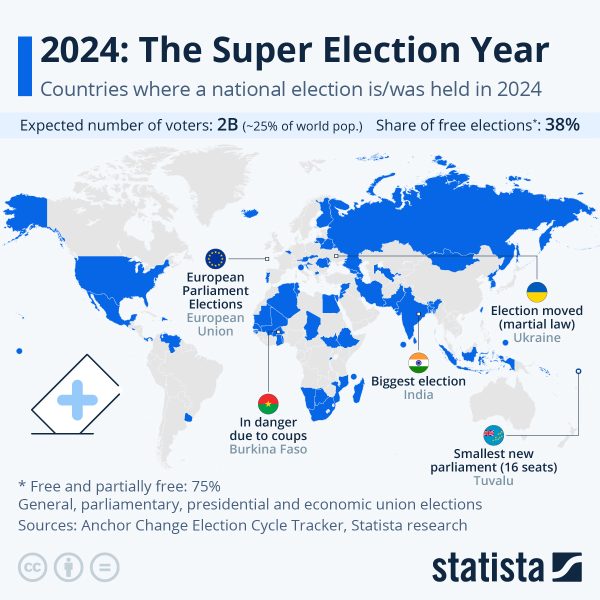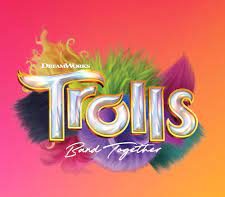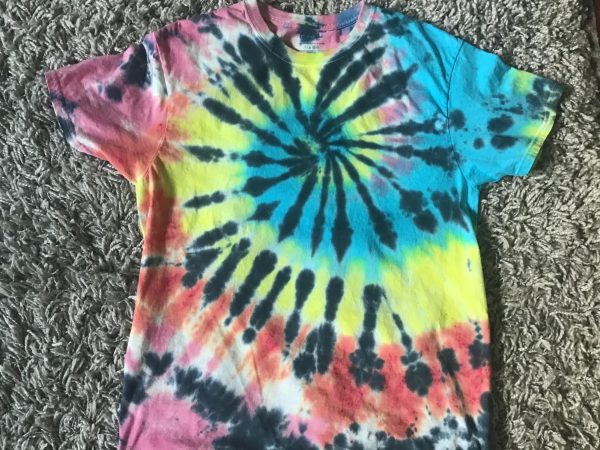Why Do We Use Slang?

February 16, 2022
One day in Spanish class this year, my teacher taught the class about different slang phrases from Costa Rica, Argentina, and other Latin American countries. She explained that slang from one country wouldn’t be understood in another, so we needed to remember where each phrase came from. I found this confusing: these countries speak the same language and are right next to each other geographically, but don’t understand each other’s slang?
The lesson made me curious. Why do we even use slang? All human languages are incredibly intricate and built to get our point across, so there’s no real need to create new words. Yet, all cultures have some form of slang.
The origin of the word “slang” can’t be pinpointed, but, according to Britannica, it can be traced back to around 1800, when it appeared for the first time in print in London. In that context, “slang” referred to the speech of British criminals. According to BridgeEnglish, it is thought that children, seeing slang as forbidden words, used slang as an act of rebellion, eventually allowing it to reach popular culture. That same article says that popular writers began to use slang in their works in the 1920s, and the use of slang has gained popularity since.
So, why do we use it? Some experts suggest that slang is meant as a way to demonstrate social belonging. According to TIME, slang disguises “true meaning in a way that determines who is in the know and who is out.” Essentially, this theory says that slang is used as a social filter: a way for those who know the words to demonstrate their social aptness. In some ways, this theory makes sense. As slang changes and new words or phrases are being used, it’s considered cooler to use newer slang over older slang (even if the older slang was popularly used just months prior).
One thing is for sure, the human language is constantly changing: whether it be the addition of new words by writers— such as “Horace Walpole, who coined ‘serendipity’ more than 200 years ago” according to Britannica— or the ever-changing world of slang words. The changes in our language are reflections of the changes in our culture. The slang words used in the 1980s are vastly different from the ones we use now, in the same way that people in the 1980s had different values and worldviews than people do today. Whether you love using slang or hate it, it is a significant part of human culture.
Image Source:
- https://www.google.com/imgres?imgurl=https%3A%2F%2Fstatic.stacker.com%2Fs3fs-public%2F00001888_2.png&imgrefurl=https%3A%2F%2Fstacker.com%2Fstories%2F3361%2Famericas-most-common-slang-words-explained&tbnid=Ne5nlUNZtG-kTM&vet=12ahUKEwjqpsGLxIT2AhUCFM0KHdl7DlsQMygZegUIARCLAg..i&docid=mxEUDU__qN9pPM&w=2152&h=1510&q=slang&safe=active&ved=2ahUKEwjqpsGLxIT2AhUCFM0KHdl7DlsQMygZegUIARCLAg
Sources:





